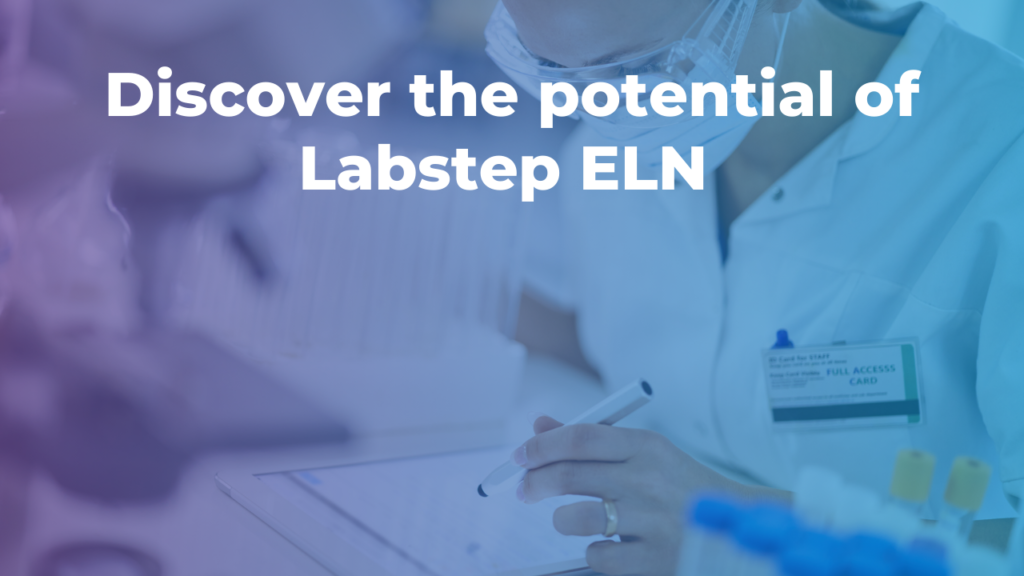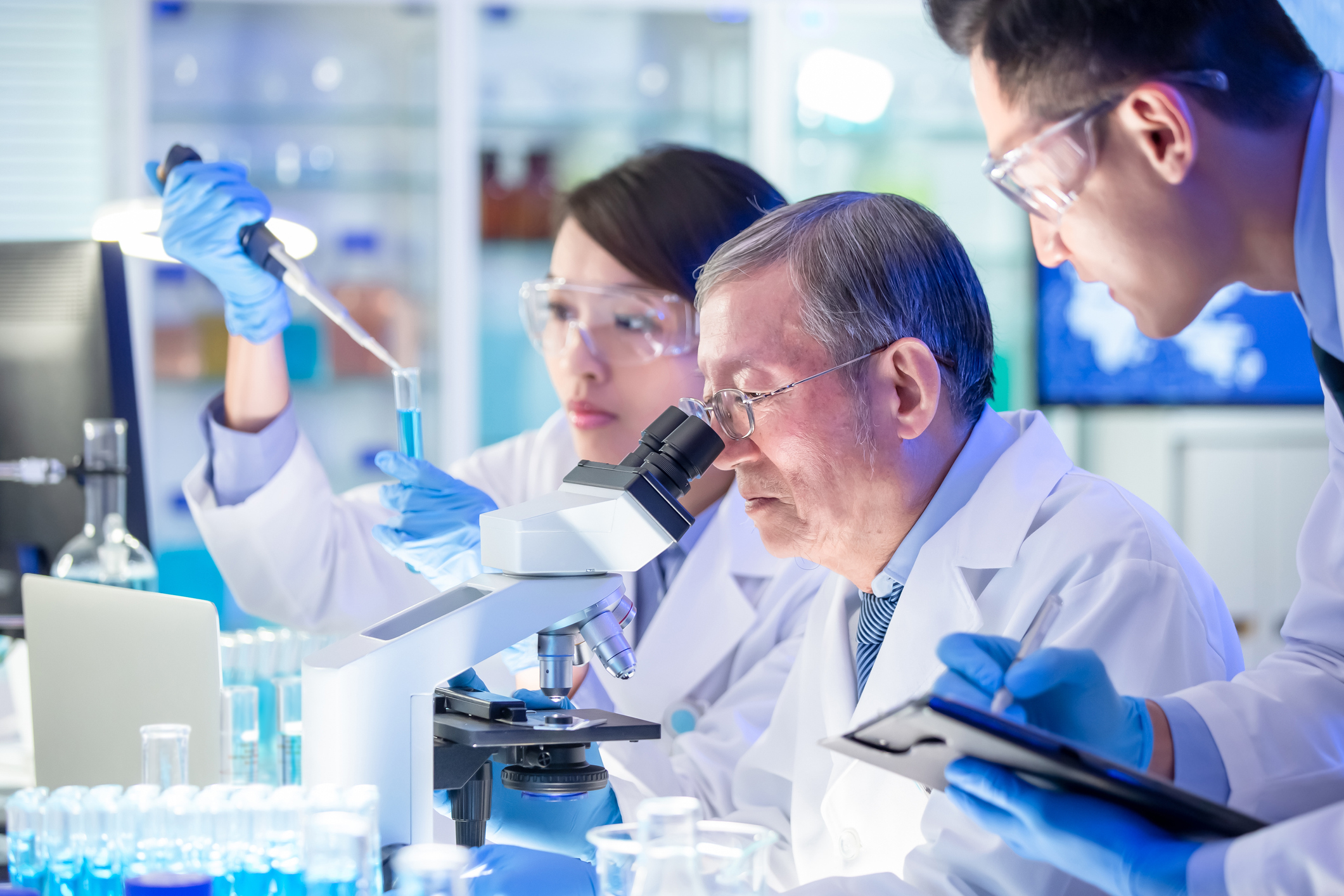R&D and science at large has been grappling with a “Replication Crisis,” where positive results of experiments can’t be reproduced. Failure to replicate experiments results in over $20B in losses across science and industry each year. Join us in an engaging exploration of the scientific Replication Crisis.
This webinar will delve into the origins of the Replication Crisis, its impact on innovation, and how scientists in R&D laboratories are handling these concerns. This fireside chat is moderated by Jenny Hu, Head of Customer Success & Growth at STARLIMS.
Gain insights tailored for heads of R&D, research scientists, and lab technicians, and learn how to tackle this expensive crisis.

In this webinar you will…
- Learn about the Replication Crisis: What it is and how it impacts science in a time of explosive innovation.
- Understand the implications the Replication Crisis has in commercial R&D.
- Gain actionable takeaways and practical strategies for solving the Replication Crisis.
Speakers

Uraisha Magan – Head of R&D at Newform Foods
Uraisha Magan, PhD, R&D Lead at Newform Foods, boasts over 10 years of experience in applied and academic research with a PhD in Microbiology from the University of Pretoria and a Master’s degree in Biochemistry. Her expertise in the cultivated meat industry is extensive. Previously, as a Senior Scientific Officer at a cultivated seafood start-up, she managed projects on fish cell lines. Magan’s background also includes developing a Bacillus-based chicken feed probiotic, now a licensed product, and working on a cattle tick vaccine as a Postdoctoral Research Fellow. Her diverse roles encompass bioprocess development, product formulation, and quality control in the industry.

Youyou Wu – Assistant Professor at University College London
YouYou Wu, Assistant Professor in Psychology at University College London (UCL), Faculty of Education and Society (IOE), Department of Psychology and Human Development. Dr. Wu obtained her PhD in Psychology from the University of Cambridge. As a psychologist of their generation, she is drawn to metascience and methodology, particularly reproducibility. She is interested in how one can best predict replication outcomes before an actual replication takes place, and has worked on ranking the replicability of over 10,000 Psychology publications in top-tier journals using machine learning, enabling scientists to prioritize manual replications of certain studies.

Streamline your laboratory workflows with the Labstep Electronic Laboratory Notebook (ELN). Designed to meet the diverse needs of modern laboratories, the Labstep ELN provides researchers with a powerful platform to flexibly manage data, better execute experiments, and collaborate seamlessly.
